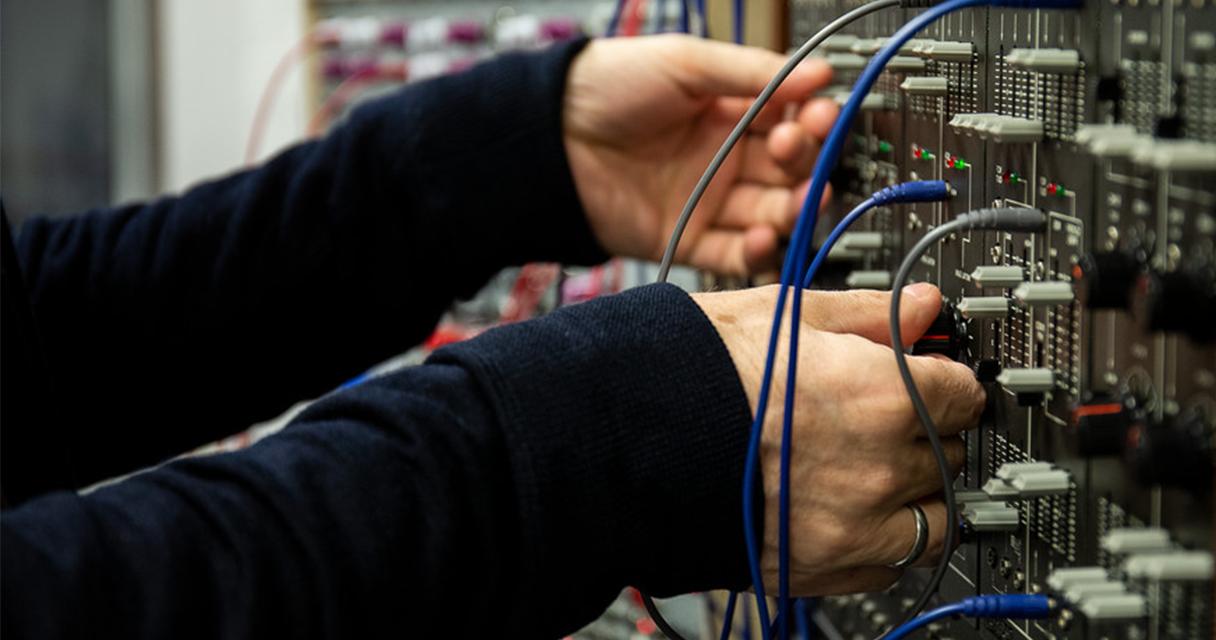MMus
Music
The MMus degree advances your exploration of today’s creative music practice in all its complexity.
From a range of stimulating pathways, you choose one that best suits your interests. Modules are shared across pathways, and are rooted in academic and practice-based research.
Three different pathways are available to study:

MMus Creative Practice
This flexible Masters is an opportunity to investigate and combine strategies for developing new creative work. This is an inclusive, forward-thinking composition and creative practice degree, open to broad conceptions of composition, and multi-disciplinary approaches to creative practice.
Full information and how to apply for MMus Creative Practice

MMus Popular Music
The Popular Music pathway is designed for music artists who are seeking to deepen their creative practice. We are songwriters and composers, producers and performers, engaged in making work that has relevance to real music scenes.

MMus Sonic Arts
The MMus Sonic Arts offers you a unique opportunity to work at the forefront of a wide range of creative and experimental approaches to technology-based sound and music practice, including spatial sound, field recording, live electronics, interactive performance, improvisation systems and audiovisual composition.